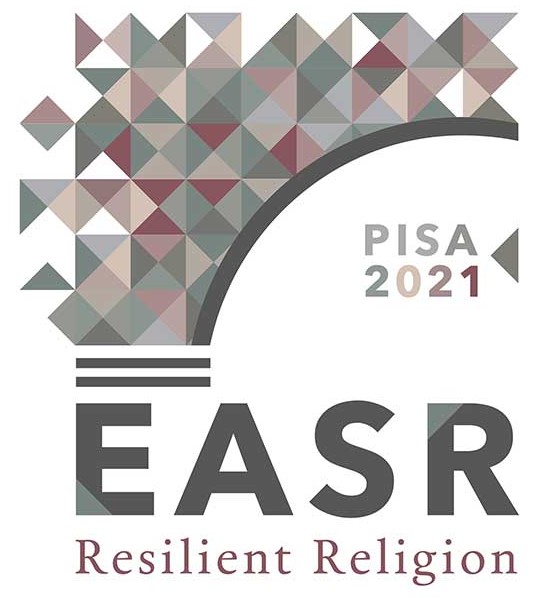The University of Pisa has twenty departments, with high level research centres. The University was officially established in 1343, by means of the papal bull In supremae dignitatis, granted by Pope Clement VI, which recognized the Studium of Pisa as an institution for higher education.
Among its most eminent scholars are Francesco Da Buti, the well-known commentator of Dante’s Divina Commedia (14th cent.); anatomists such as Gabriele Falloppio and Marcello Malpighi; Galileo Galilei, who was born and studied in Pisa, became professor of Mathematics at the Pisan Studium in 1589. In more recent times, it is worth remembering philologists such as Alessandro D’Ancona, historians such as Pasquale Villari, the man of letters Luigi Russo, economists such as Giuseppe Toniolo, scientists such as Ulisse Dini and Antonio Pacinotti, and philosophers such as Giovanni Gentile, the founder of Italian Idealism.
As far as the History of Religions is concerned, thanks to an outstanding and pioneering tradition of classical scholars (Domenico Comparetti; Giacomo Lumbroso, Evaristo Breccia) and orientalists (Cesare Malanima and Ippolito Rosellini), this discipline has always been cultivated in the university, with a strong and marked interest in ancient religions. In particular, after the suppression of the Faculties of Theology and the establishment of public universities in the Kingdom of Italy, the chair of History of Religions was held by Salvatore Minocchi and Nicola Turchi (both of whom were priests involved in the Modernist controversy); in more recent times this tradition has been revived by scholars like Fausto Parente (an expert in Judaism), Caterina Conio (a specialist in Hinduism), Cristiano Grottanelli and Paolo Xella.
Nowadays, the Dipartimento di Civiltà e Forme del Sapere which hosts the chair of History of Religions is a department characterized by a strong interdisciplinary perspective and by research interests that diachronically range from antiquity to the contemporary age. The main areas of interest are History and Philosophy, together with Archaeology and Art History. Besides the teaching of specific disciplines such as History of Religions, Philosophy of Religion, Church History, History of Islamic Countries and Jewish Studies, a great deal of researches focuses on religious themes both in antiquity and in modern times, from a socio-scientific perspective as well. A linguistic and philological grounding is provided by disciplines that involve classical and oriental languages and literatures (especially Syriac, Hebrew, Sanskrit, Persian, Arabic, Egyptian), together with the study of the visual arts.
Recently, the department has been awarded the title of Department of Excellence by the Italian Ministry of Education, University and Research, thanks to a five-year project involving the whole department, entitled “Times and Structures: Resilience, Acceleration and Changes in the Euro-Mediterranean Space”.
